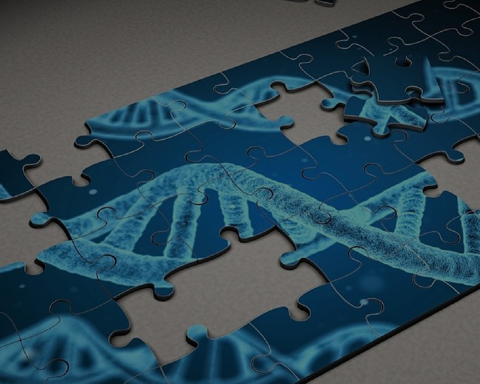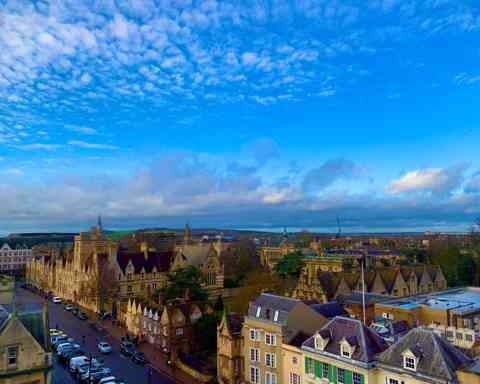Press Release – Anscombe Centre Welcomes End of Puberty Blocker Use for Children Experiencing Gender Dysphoria
Read in PDFThe Anscombe Bioethics Centre welcomes the decision of NHS England to end the use of puberty blockers for children with gender dysphoria outside of the context of a clinical trial. In the view of the Centre, many of the reasons that make this approach to gender dysphoria in minors inappropriate would apply equally to their use as part of a clinical trial. Nevertheless, the suspension of the routine prescription of these drugs for this purpose is certainly a welcome move.
This decision by NHS England brings clinical practice for gender dysphoria in minors closer to that already advocated by the Centre in 2017. At that time, the Director of the Centre, Professor David Albert Jones, stated that:
“One area where hormone therapy should have no place is in the treatment of children with gender incongruent feelings or suspected gender dysphoria. It is widely accepted that, in most instances, such feelings do not persist into adulthood. Furthermore, minors are not well placed to give informed consent to interventions that could affect their long-term sexual and reproductive health.
Gender identity clinics in the NHS do not prescribe cross-hormone therapy in minors but they sometimes prescribe hormone analogues to suppress puberty. The aim is to delay potentially distressing physical changes caused by their body becoming even more like that of their biological sex and hence to delay decisions about more drastic measures until the child reaches adulthood. However, while often turbulent and always challenging, puberty is a healthy part of physical and emotional development. Suppressing puberty is a drastic intervention. It deprives someone of an important stage of personal development and begs the question as to the person’s mature identity.
The best approach to the treatment of minors with gender dysphoria is for them to receive support to help them cope with the emotional distress of the condition, without rushing into more drastic treatments. In practice, the ethics of this approach will depend crucially on the nature of the support that is provided. The first option for psychological support should involve the whole family.”
END
Notes to Editors:
- Any part of the above can be quoted as coming from our Director, Professor David Albert Jones.
- For more information see Professor Jones's article, Gender Dysphoria: Some Catholic Bioethical Reflections.
- For more information on the Anscombe Bioethics Centre, see our website: www.bioethics.org.uk
- For interviews or comment, contact: media@bioethics.org.uk
Most recent
Press Release – Anscombe Bioethics Centre Launches ‘Advance Decisions and Ethical Choices’ Project
31 July 2025
The Anscombe Bioethics Centre is pleased to launch a new suite of resources on advance statements, l...
Statement on the Anscombe Bioethics Centre
31 July 2025
A statement from the Governing Body of the Anscombe Bioethics Centre and the Trustees of the Catholi...
Copyright Announcement
25 July 2025
Henceforth, all work which had Anscombe Centre or Linacre Centre copyright is now dedicated to the p...
Sincerest Thanks for Your Support
Staff are grateful to all those who sustained the Centre in the past by their prayers and the generous financial support from trusts, organisations, communities and especially from individual donors, including the core funding that came through the Day for Life fund and so from the generosity of many thousands of parishioners. We would finally like to acknowledge the support the Centre has received from the Catholic community in Ireland, especially during the pandemic when second collections were not possible.
We would like to emphasise that, though the Centre is now closed, these donations have not been wasted but have helped educate and support generations of conscientious healthcare professionals, clerics, and lay people over almost 50 years. This support has also helped prevent repeated attempts to legalise euthanasia or assisted suicide in Britain and Ireland from 1993 till the end of the Centre’s work on 31 July 2025.



